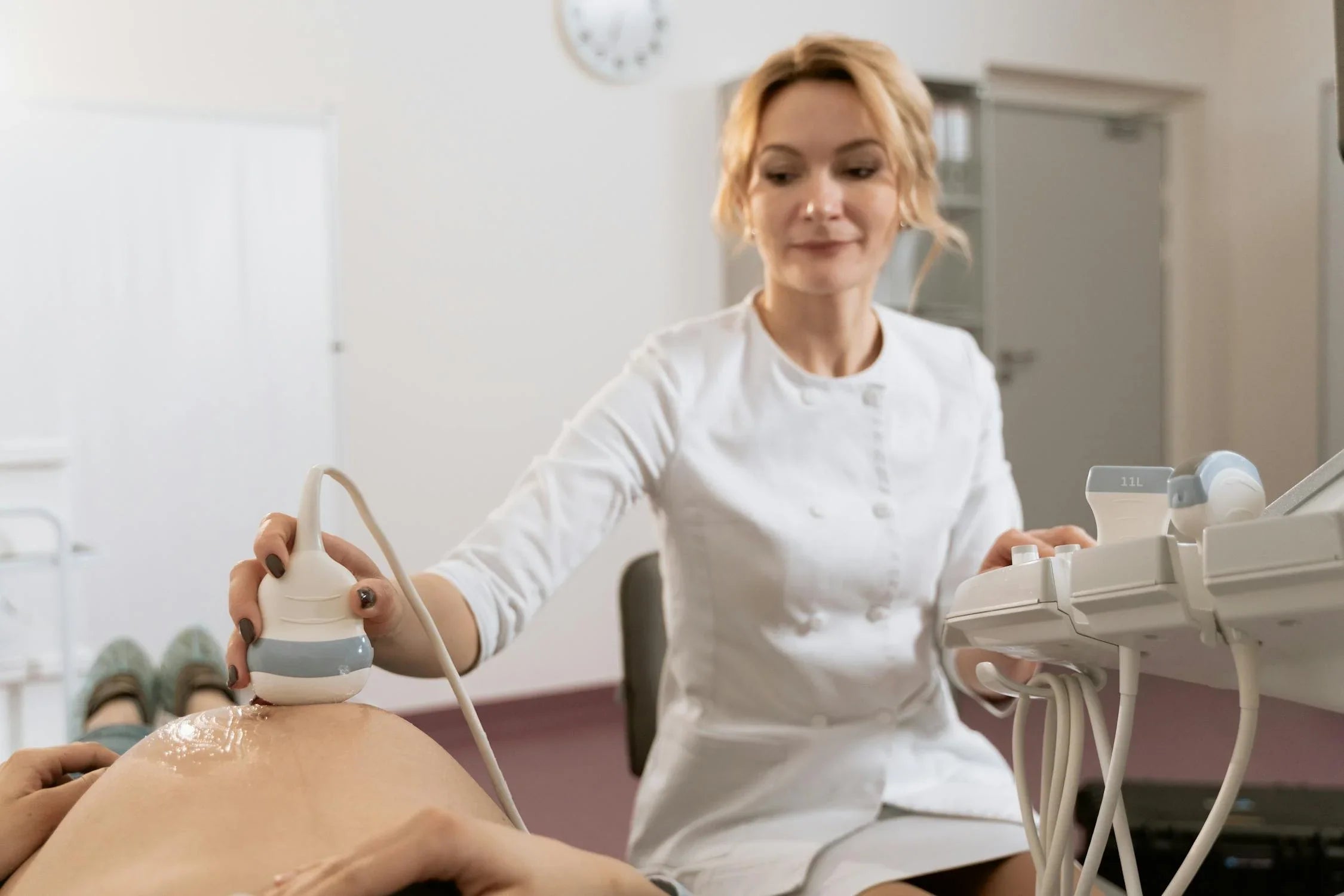Accueil
Pregnancy, Breastfeeding, and Pumping: The Ultimate Guide for Moms
Will Drinking Too Much Water Affect a Pregnancy Test?

Will Drinking Too Much Water Affect a Pregnancy Test?
Pregnancy tests are a crucial tool for women who suspect they might be expecting. However, many factors can influence the accuracy of these tests, including hydration levels. One common question that arises is: will drinking too much water affect a pregnancy test? This article delves into the science behind pregnancy tests, the role of hydration, and how to ensure you get the most accurate results.
Understanding How Pregnancy Tests Work
Pregnancy tests detect the presence of human chorionic gonadotropin (hCG), a hormone produced by the placenta shortly after a fertilized egg attaches to the uterine lining. Most home pregnancy tests are designed to detect hCG in urine. The concentration of hCG in urine can vary depending on several factors, including the time of day and hydration levels.
The Role of Hydration in Pregnancy Test Accuracy
Hydration plays a significant role in the concentration of hCG in urine. When you drink a lot of water, your urine becomes more diluted. This dilution can lower the concentration of hCG, potentially making it harder for the test to detect the hormone. Conversely, if you are dehydrated, your urine will be more concentrated, which can increase the likelihood of detecting hCG.
How Drinking Too Much Water Can Affect Results
Drinking excessive amounts of water before taking a pregnancy test can lead to diluted urine. If the urine is too diluted, the test may not be able to detect hCG, even if it is present. This can result in a false negative, where the test indicates you are not pregnant when you actually are. To avoid this, it is generally recommended to use your first-morning urine for the test, as it is typically more concentrated.
Tips for Accurate Pregnancy Test Results
To ensure the most accurate results from your pregnancy test, consider the following tips:
- Use your first-morning urine, as it is usually the most concentrated.
- Avoid drinking excessive amounts of water before taking the test.
- Follow the instructions provided with the pregnancy test carefully.
- If you receive a negative result but still suspect you might be pregnant, wait a few days and test again.
When to Take a Pregnancy Test
The timing of when you take a pregnancy test can also impact its accuracy. Most home pregnancy tests claim to be able to detect pregnancy as early as the first day of a missed period. However, for the most accurate results, it is often recommended to wait at least a week after a missed period before testing. This allows more time for hCG levels to rise to a detectable level.
Other Factors That Can Affect Pregnancy Test Results
While hydration is a significant factor, other elements can also influence the accuracy of a pregnancy test. These include:
- Medications: Certain medications can interfere with hCG levels or the test itself.
- Medical conditions: Some medical conditions can cause elevated hCG levels, leading to false positives.
- Expired or faulty tests: Always check the expiration date and ensure the test is stored properly.
Consulting a Healthcare Professional
If you have concerns about the accuracy of your pregnancy test or if you receive conflicting results, it is always a good idea to consult a healthcare professional. They can perform a blood test, which is more sensitive and can detect lower levels of hCG than a urine test. Additionally, they can provide guidance and support based on your individual circumstances.
Understanding how hydration and other factors can affect pregnancy test results is essential for ensuring accuracy. By following the tips outlined in this article, you can increase the likelihood of obtaining reliable results. Remember, if you have any doubts or concerns, seeking professional advice is always the best course of action.
Partager
